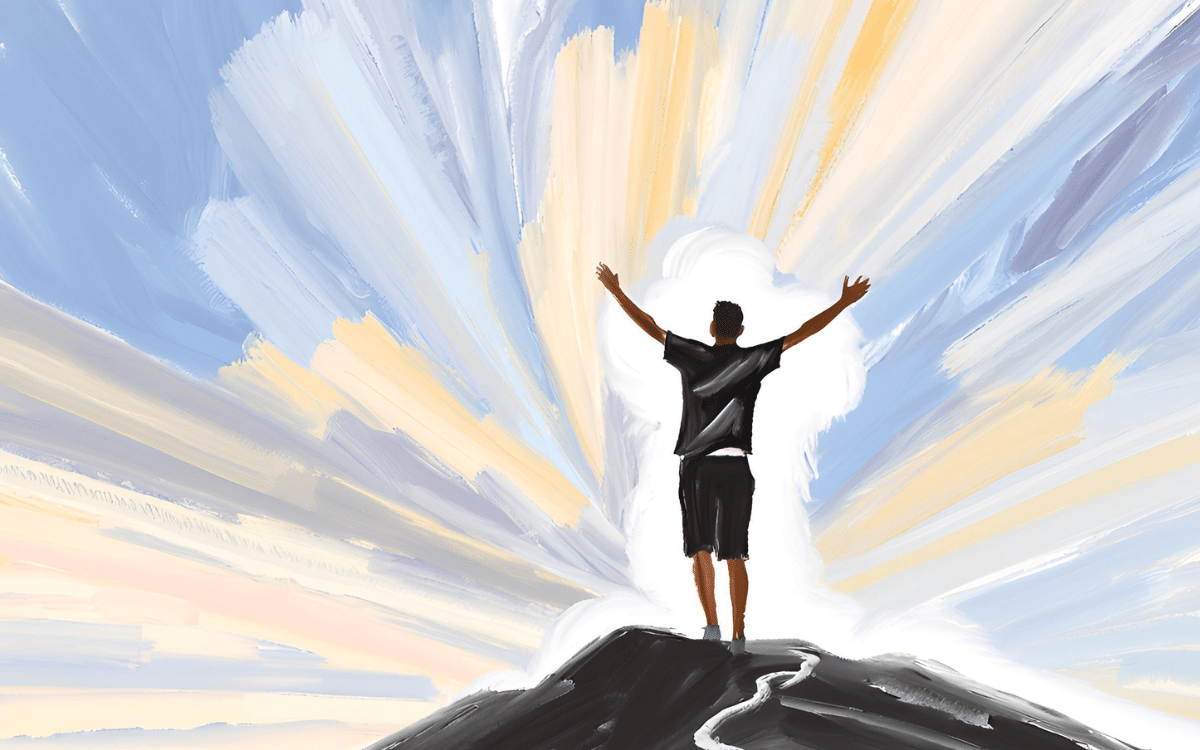Social media is used every day to connect with friends and family, post photos, and tell stories. We spend much of our daily lives in a virtual community full of endless conversation. Social media continues an upward growth trend, as network giants such as Facebook and Instagram are seeing an increase in users. As of the third quarter of 2017, Instagram has grown to over 800 million users, and Facebook now sits at over two billion monthly users, the largest of the social media platforms.
With the shift from desktop computers to smartphones, tablet apps, and mobile-only platforms such as Twitter, Instagram, and Snapchat, social networking is readily available. New evidence suggests a link between this surge in usage and increased levels of depression for several reasons.
- Multitasking. Individuals who juggle multiple social platforms (7-11) have three times the risk of depression than those who use less. The constant multitasking wreaks havoc on the brain causing poorer attention, cognition, and mood.
- Comparison. Social media is full of posts that portray only the best of us – best photos, celebrations, food, status, etc., creating an illusion of perfect lives. The representation of others on social media often leads to unrealistic expectations or causes us to make judgments about how we measure up, creating a feeling of inadequacy and low self-esteem. For example, the personal photos that take center stage on Instagram leave some people with an altered impression of body image, or status.
- Social Isolation. With social media being dependent on followers and friends, many people think the more they have, the better their social life. However, the lack of friends and followers can contribute to negative feelings. Virtual communication has caused a reduction in face-to-face contact, triggering social isolation, often leading to depression. We need social interaction for our physical and mental well-being and virtual friends do not have the same therapeutic effect.
Depression symptoms can be different for each person, and increase or decrease depending on their interactions on social media. Depression is more than just feeling sad or lonely; a depressive disorder changes how someone functions daily, and typically lasts for more than two weeks. Common symptoms include:
- Changes in sleep
- Changes in appetite
- Lack of concentration
- Loss of energy
- Lack of interest in activities
- Hopelessness or guilty thoughts
- Changes in movement (less activity or agitation)
- Physical aches and pains
- Suicidal thoughts
Although depression is a severe mental illness, it can be treated, using a combination of medication and behavioral therapy, such as Cognitive Behavioral Therapy (CBT). At Lifeskills South Florida, our therapists use CBT to help individuals change their negative, unproductive thought patterns to more realistic and useful ones, helping to ease their symptoms of depression.
While social media keeps us connected, becoming isolated and comparing our off-line life to our perception of others can be detrimental to our health. We can improve our psychological well-being by taking a break from social media and allowing ourselves to enjoy life without being dependent on what others think, and by spending time in the moment with our friends and family.
As a depression treatment center, Lifeskills South Florida understands the need to meet people where they are in their disorder and customize a treatment program that fits their needs. If you or a loved one is suffering from depression or other mental health issues, we can help you or your loved one get your life back on track. To learn more about our accredited residential and outpatient treatment programs, please contact us below.




